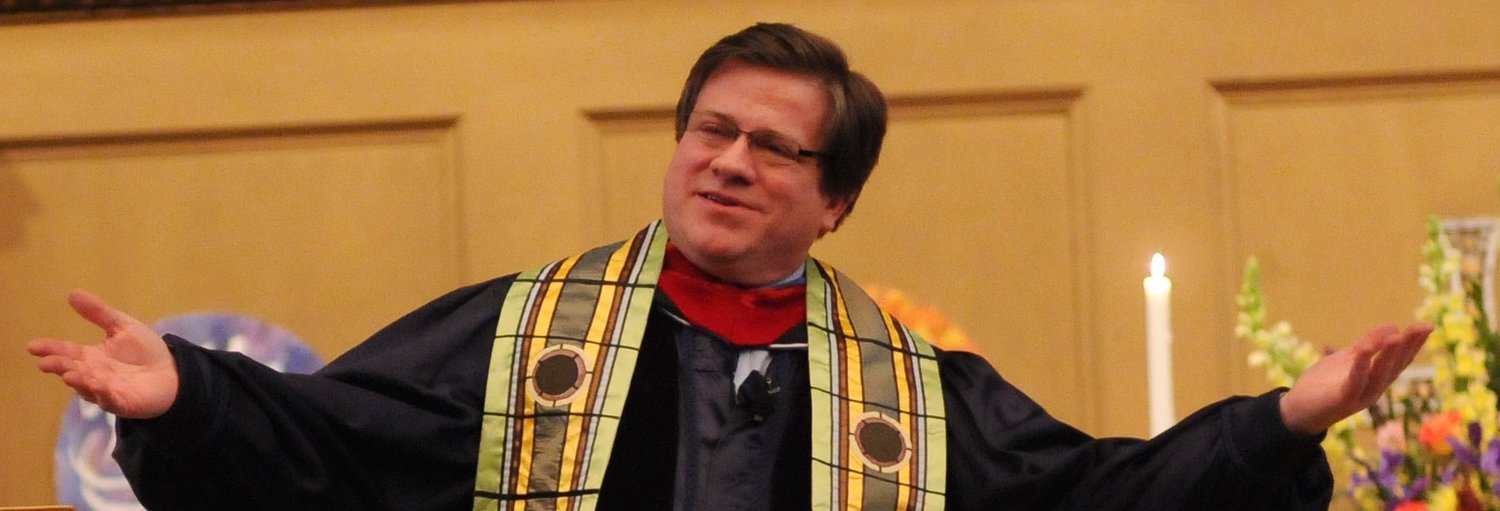Outstretched Wings of the Spirit--Day Thirty-three
The Thirty-third Day
(Sunday, April 7, 2019)
The Wholeness of God
“The most comprehensive value of . . . mystical experience . . . is that it is the only way in which we can vividly and appreciatively hold before ourselves the wholeness of God. . . .
“The mystical experience brings the minded organism of the individual into interplay with the ignored richness and fullness of the immediate environment with its hidden possibilities of meaning and value. It releases from tensions and restraints, from cramping limitations and blindnesses of the organized system of directing habits which ordinarily control the individual. As a consequence there is a heightening of the physical tone. This affects the mind, since the mind is one function of the organism. There is new vigor and resiliency, renewed plasticity and sensitivity. There is increased power to appreciate, to organize, to achieve. . . .
“The disciplined and organized personality is always cramped and distorted in some measure by cultural and other influences. The influences that have shaped and organized the personality have all the evils that are known to human life. Many appreciations and powers are stultified, suppressed, misdirected. Above all. The is a natural spontaneous rhythm, grace and ease of expression and of living which the healthy-minded organism can display when these cramping limitations are relaxed. . . .
“The free, spontaneous, relatively disorganized interplay of the minded organism with its environment during mystical experience, may make possible a most wholesome reorganization of habits and patterns of living. While this interplay is going on, the old organization is somewhat dissolved, hence a new and better organization is made possible. Sometimes a quite complete reorganization of personality may occur. This is sometimes called rebirth or regeneration, where this reorganization involves a redirection of living so that henceforth the individual is sensitive to high values not appreciated before and, above all, has appreciation and aspiration for the wholeness of God. . . .” (Wieman & Wieman)
Mystical experience is an important part of life and worship. When we stand upon a hill of a summer’s afternoon gazing across an entire valley with all its teeming life below us, visible—but apart—as though it were another world, we seem almost to be dissolved into its totality and we sense a beautiful involvement in the minutest aspect of its burgeoning life. When we stand beneath the stars at night, awed and silent at the unimaginable magnificence, again we feel ourselves privileged to be part of something grander than we can fathom or explain. Such experiences leave us with a new perspective on our petty, daily cares. (Donald Szantho Harrington)
Prayer
Infinite yet Intimate Spirit, lift us above the pettiness of self into the glory of Your Being, where we may blend into its beauty and see ourselves in Your Context. Amen.
Hymn
The spacious firmament on high,
With all its blue ethereal sky,
And spangled heavn’s, a shining frame,
Their great Original proclaim.
Th’ unwearied sun from day to day
Does its Creator’s power display,
And publishes to ev’ry land
The work of an almighty hand.
Soon as the evening shades prevail
The moon takes up the wondrous tale,
And nightly in the listening earth
Repeats the story of its birth;
Whilst all the stars that round it burn,
And all the planets in their turn,
Confirm the tidings as they roll,
And spread the truth from pole to pole.
What though the solemn silence all
Move round the dark terrestrial ball?
What tho’ no real voice nor sound
Amid their radiant orbs be found?
In reason’s ear they all rejoice
And utter forth a glorious voices,
Forever singing as they shine,
“The hand that made us is divine.”
—Joseph Addison (Hymns of the Spirit, no. 33)
(Hymns for the Celebration of Life, no. 41)
Donald Szantho Harrington wrote the Lenten meditation manual Outstretched Wings of the Spirit: On Being Intelligently and Devotedly Religiousbased on the theology of Henry Nelson Wieman and Regina Westcott Wieman. It was published by the Unitarian Universalist Association in 1980.
